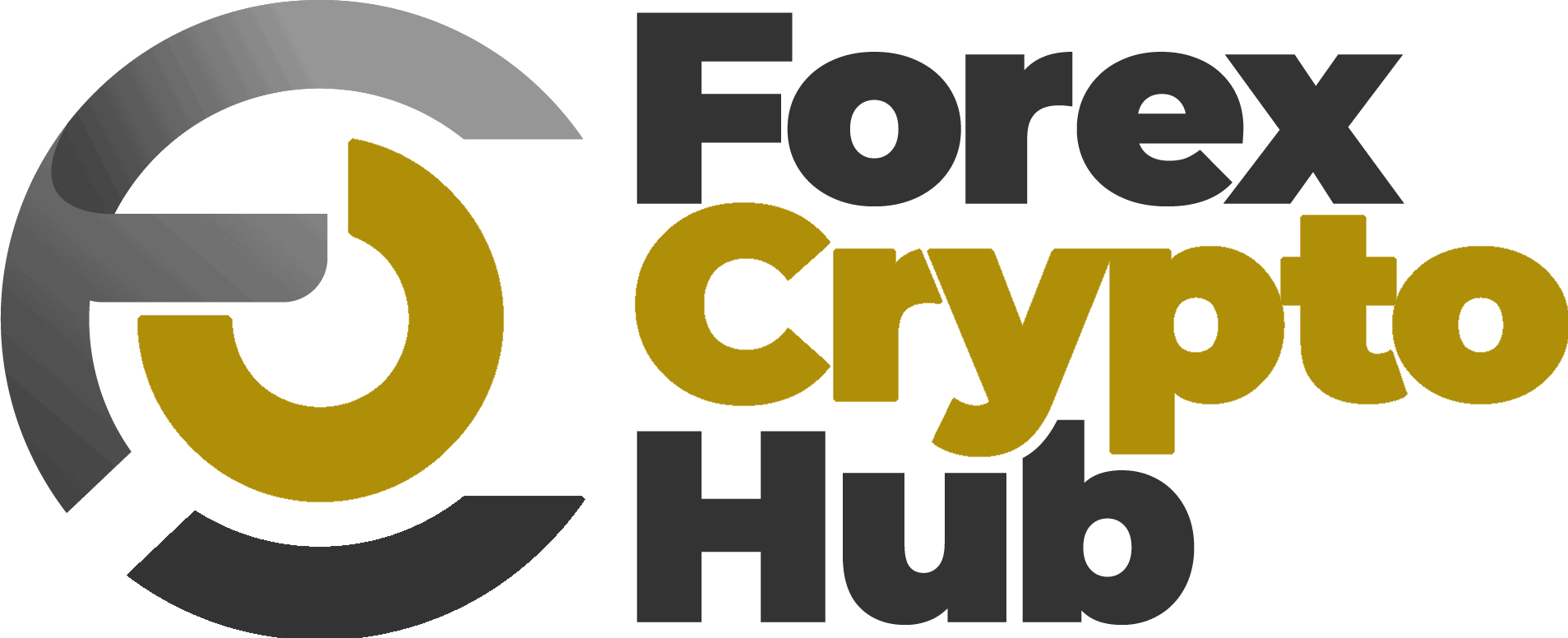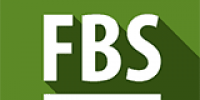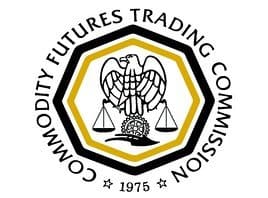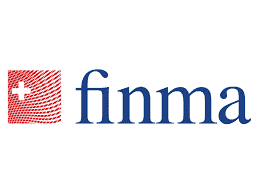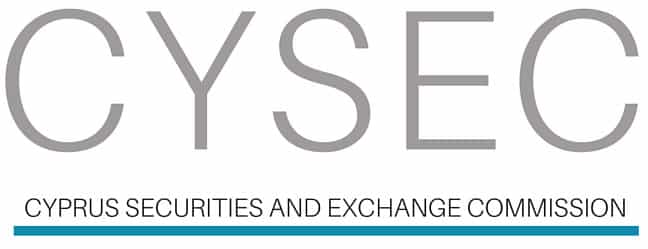Top 5 Forex Regulatory Bodies In The World 2025.
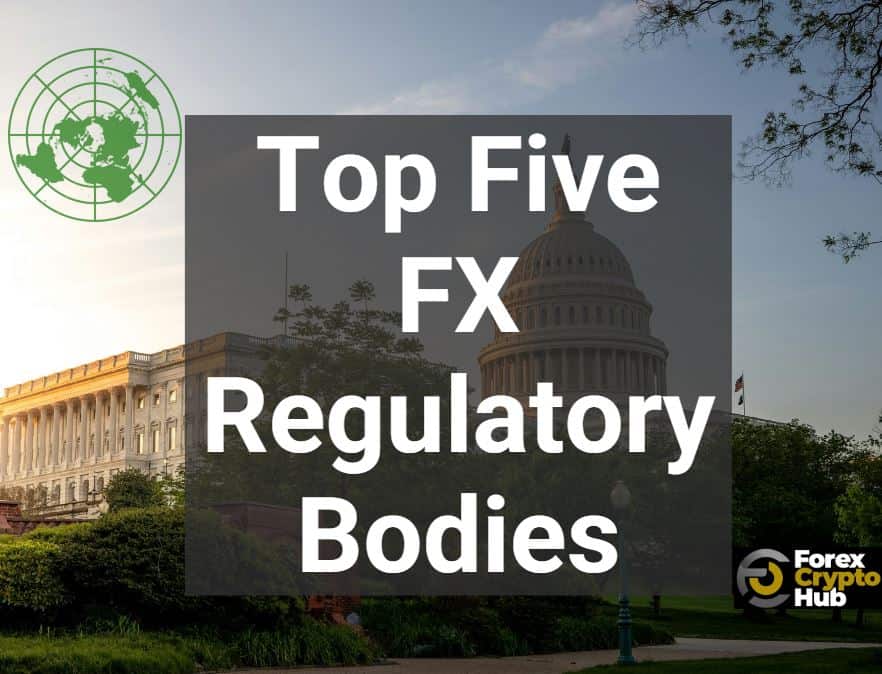
Why Forex Regulation Matters
Worlds Top Forex Broker Regulators:
Commodities Futures Trade Commission (CFTC) – USA
National Futures Association (NFA) – USA
Financial Conduct Authority (FCA) – UK
Swiss Financial Market Supervisory Authority (FINMA) – Switzerland
Cyprus Securities and Exchange Commission (CySEC) – Cyprus
Australian Securities & Investments Commission (ASIC) – Australia
Top 5 Forex Regulatory Bodies in 2025
1
1. Commodity Futures Trading Commission (CFTC) – USA
The Commodity Futures Trading Commission (CFTC) oversees the largest financial market globally, with forex trading as a key component. Established in 1974, the CFTC regulates derivatives markets, including futures, options, and forex, to protect traders from fraud, manipulation, and abusive practices. It works closely with the National Futures Association (NFA) to enforce compliance. The CFTC publishes the Commitments of Traders (COT) Report every Tuesday, providing transparency into market positions.
In 2025, the CFTC maintains some of the strictest forex regulations, limiting leverage to 1:50 for major currency pairs and requiring brokers to register as Retail Foreign Exchange Dealers (RFEDs). Its focus on technological innovation, such as the Office of Technology Innovation (OTI), enhances market oversight and addresses emerging risks like cryptocurrency derivatives.
- Stringent regulations protect US traders from fraud and market manipulation.
- High capital requirements ensure only reputable brokers operate.
- Transparent reporting (e.g., COT Report) enhances market insights.
- Robust enforcement actions deter unethical practices.
- Strict rules limit leverage and trading flexibility compared to other jurisdictions.
- High compliance costs restrict the number of brokers available to US traders.
- Regulations may deter US citizens from exploring forex trading opportunities abroad.
2
2. National Futures Association (NFA) – USA
- Enhances market integrity through strict compliance and transparency.
- Faster dispute resolution and background checks via digital tools.
- Publicly available data on broker performance increases accountability.
- Protects traders through segregated accounts and high capital standards.
- Strict leverage caps (1:50) limit trading flexibility.
- High compliance costs exclude smaller brokers, reducing options for US traders.
- Prevents foreign brokers from soliciting US clients, limiting market access.
- Some US traders open offshore accounts, risking IRS violations.
3
3. Financial Conduct Authority (FCA) – UK
- Competitive market open to international brokers with European licenses.
- FSCS provides up to £85,000 in compensation for financial losses.
- Balanced regulations foster innovation while protecting traders.
- Allows offshore operations under strict compliance.
- Less stringent than US regulations, allowing higher leverage (e.g., 1:200 for professional clients).
- Spot forex contracts fall outside some FCA protections, posing risks for US investors.
- Increased post-Brexit compliance costs for EU-based brokers.
4
4. Swiss Financial Market Supervisory Authority (FINMA) – Switzerland
- High capital and auditing standards ensure broker reliability.
- Strict AML measures protect against fraudulent activities.
- Global coordination enhances cross-border trader protections.
- Segregated accounts safeguard client funds.
- High entry barriers exclude smaller brokers, limiting options.
- Stringent licensing costs deter new market entrants.
- Fewer forex brokers operate under FINMA compared to other jurisdictions.
FINMA Regulated FX Broker List
- Dukascopy
- Swissquote Bank
5
5. Cyprus Securities and Exchange Commission (CySEC) – Cyprus
- Lower capital requirements make market entry easier for brokers.
- ICF provides up to €20,000 in compensation for client losses.
- MiFID II compliance allows brokers to operate across the EU.
- Regular updates to regulations enhance trader protections.
- .Cons:
- Less stringent than FCA or CFTC, potentially allowing riskier brokers.
- Historical perception of lighter oversight requires careful broker vetting.
- Limited compensation compared to FCA’s £85,000 scheme.
Other Notable Forex Regulators
Australian Securities and Investments Commission (ASIC): Regulates Australia’s financial markets, enforcing leverage caps (1:30 for retail clients) and client fund segregation. ASIC’s rigorous framework supports brokers like FP Markets and IC Markets.
Investment Industry Regulatory Organization of Canada (IIROC): Oversees Canadian forex brokers, requiring high capital reserves and compliance with AML laws.
Monetary Authority of Singapore (MAS): Singapore’s central bank regulates forex brokers with strict capital and reporting requirements.
Financial Services Agency (FSA) – Japan: Enforces conservative leverage limits (1:25) and robust consumer protections.
European Securities and Markets Authority (ESMA): Sets EU-wide standards, influencing CySEC and FCA regulations, with a focus on leverage caps and crypto oversight.
Our full list of highly ranked Forex broker regulators from around the world are:
- ASIC (Australia)
- BaFin (Germany)
- BVI FSC (British Virgin Islands)
- CFTC (USA)
- CySEC (Cyprus)
- FCA (UK)
- FINMA (Switzerland)
- FSA (Japan)
- FSC (Mauritius)
- FSB (South Africa)
- IFSC (Belize)
- IIROC (Canada)
- ISA (Israel)
- MAS (Singapore)
- MFSA (Malta)
- VFSC (Vanuatu)
Choosing a Regulated Broker
- Check the Regulatory Body’s Database: Use tools like the CFTC’s BASIC, NFA’s BASIC, FCA’s Financial Services Register, FINMA’s license list, or CySEC’s public register to confirm a broker’s license.
- Verify License Details: Ensure the broker’s license number, registration date, and authorized activities (e.g., forex trading) are valid.
- Assess Regulatory Jurisdiction: Top-tier regulators (CFTC, NFA, FCA, FINMA, CySEC) offer stronger protections than offshore regulators like VFSC or IFSC.
- Review Compensation Schemes: Confirm if the regulator offers compensation (e.g., FCA’s £85,000, CySEC’s €20,000) for financial losses.
- Contact the Regulator: If in doubt, reach out to the regulatory body directly to verify a broker’s status.
Conclusion
Top Ranked Forex Regulatory Bodies
- CFTC
- NFA
- FCA
- FINMA
- CySec
